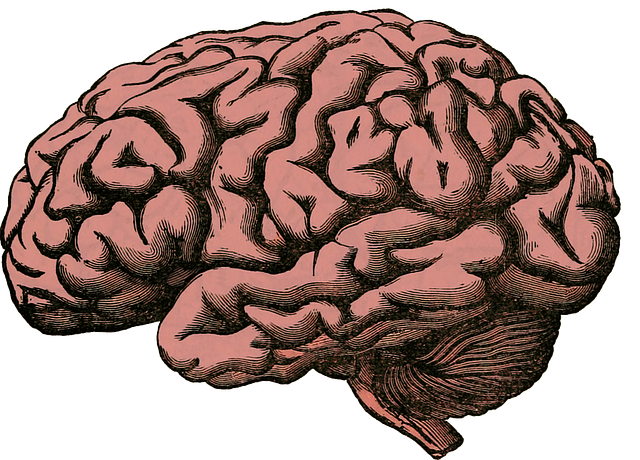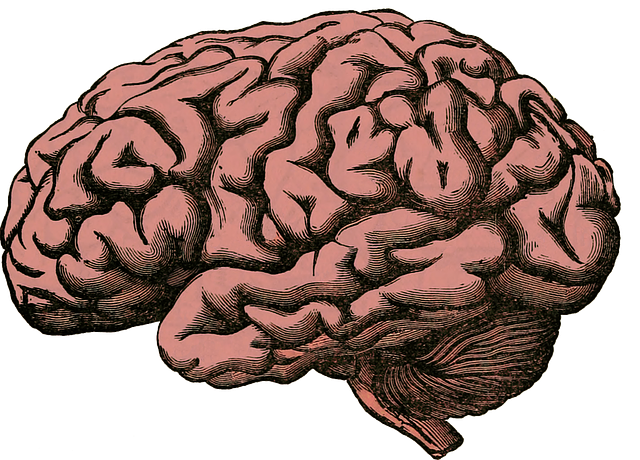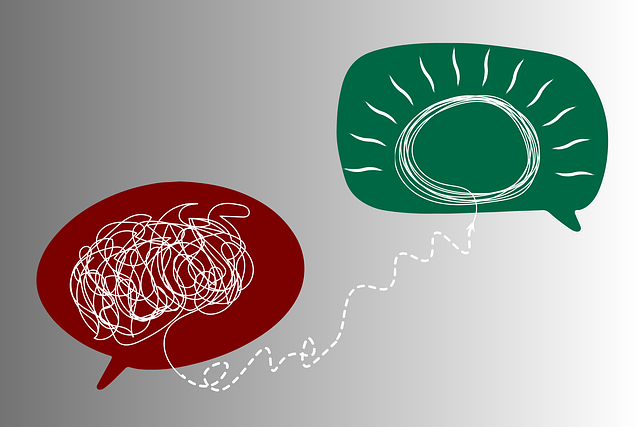Evaluating the impact of Colorado Springs American Sign Language (ASL) therapy programs requires a multi-faceted approach. Metrics tracking communication skills, social barriers, and emotional expression are crucial for understanding mental wellness improvements. Pre- and post-program assessments quantify sign language proficiency gains, while qualitative surveys explore personal growth and life satisfaction. This comprehensive method enhances program effectiveness and offers a model for other language-focused interventions. Long-term tracking identifies trends and measures sustained improvements in participants' mental health, driving continuous program evolution based on evidence.
Mental wellness programs are crucial for fostering resilience and improving quality of life. This article explores effective evaluation methods for such initiatives, focusing on the unique context of Colorado Springs American Sign Language (ASL) therapy. We delve into quantifiable metrics and surveys to assess program impact, while also uncovering qualitative insights from participant experiences. Furthermore, we emphasize the importance of long-term tracking and continuous improvement strategies for sustaining mental wellness gains in the community.
- Assessing Program Impact: Metrics and Surveys for Colorado Springs ASL Therapy
- Qualitative Evaluation Techniques: Unlocking Insights from Participants' Perspectives
- Long-term Tracking and Continuous Improvement: Measuring Sustainability in Mental Wellness Programs
Assessing Program Impact: Metrics and Surveys for Colorado Springs ASL Therapy

Evaluating the impact of Colorado Springs American Sign Language (ASL) therapy programs is a multifaceted process that goes beyond mere satisfaction surveys. Metrics play a crucial role in understanding the overall effect on participants’ mental wellness. This includes tracking improvements in communication skills, reduced social barriers, and enhanced emotional expression—all vital aspects of trauma support services. By comparing pre- and post-program assessments, therapists can quantify gains in sign language proficiency, which directly correlates with improved confidence boosting among individuals who have historically faced challenges in expressing themselves.
Incorporating surveys that delve into personal growth, self-perception, and overall life satisfaction provides qualitative data to complement quantitative metrics. These insights are invaluable for refining mental wellness coaching programs development, ensuring they remain responsive to the evolving needs of participants. Such an approach not only enhances the effectiveness of ASL therapy but also serves as a model for other language-focused therapeutic interventions.
Qualitative Evaluation Techniques: Unlocking Insights from Participants' Perspectives

Qualitative Evaluation Techniques offer a powerful tool for understanding participants’ experiences and perspectives within mental wellness programs, particularly in unique settings like Colorado Springs American Sign Language Therapy. Through methods such as interviews, focus groups, and surveys with open-ended questions, researchers can gain valuable insights into individuals’ journeys towards better mental health. This approach allows participants to share their stories, expressing the impact of therapy on their daily lives, challenging experiences, and areas where they feel empowered.
For instance, Mental Wellness Journaling Exercise Guidance can be incorporated to encourage reflection and self-expression. Similarly, a well-produced Mental Wellness Podcast Series might emerge from this qualitative data, showcasing participants’ voices and providing Confidence Boosting narratives that inspire others. These techniques ensure that the program’s effectiveness is not just measured quantitatively but also captures the nuanced and personal aspects of mental wellness journeys.
Long-term Tracking and Continuous Improvement: Measuring Sustainability in Mental Wellness Programs

Long-term tracking is an essential component of evaluating the sustainability and effectiveness of mental wellness programs. By implementing robust monitoring systems, organizations like Colorado Springs American Sign Language Therapy can assess the long-term impact of their interventions. This involves collecting data over extended periods to identify trends and measure the sustainability of improvements in participants’ mental health. For instance, tracking anxiety relief or mental illness stigma reduction efforts over several months or years provides a comprehensive view of program success.
Continuous improvement is another critical aspect, ensuring that these programs evolve based on evidence gathered from long-term tracking. This data can highlight areas needing adjustment or refinement, leading to more tailored and effective support for individuals dealing with various mental health challenges. Enhancing Mental Health Awareness through such sustainable programs ultimately contributes to fostering healthier communities.
Evaluating mental wellness programs is paramount for ensuring their effectiveness and impact. This article has explored diverse evaluation methods, from quantitative metrics and surveys used in Colorado Springs ASL Therapy to qualitative insights gained through participant experiences. By combining these approaches, mental health professionals can gain a comprehensive understanding of program success, identify areas for improvement, and foster long-term sustainability, ultimately enhancing the well-being of individuals served.














